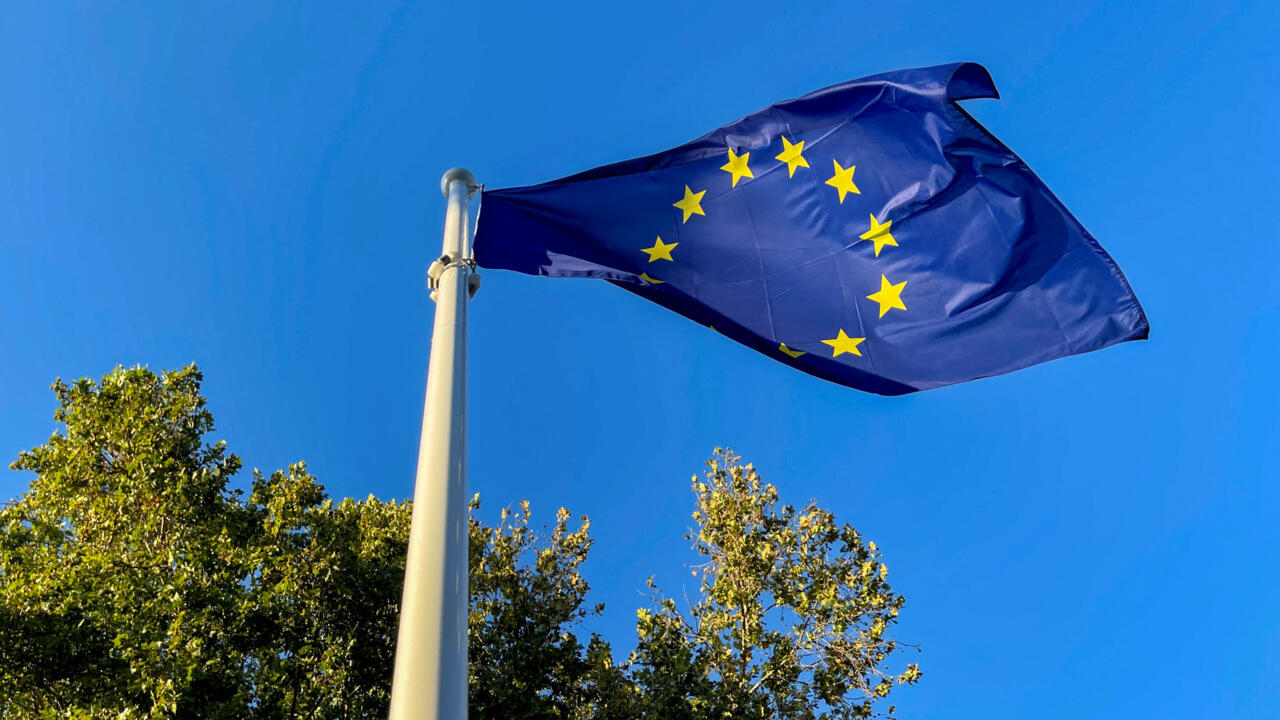Voters in 21 EU countries, including major players like France and Germany, went to the polls on Sunday to elect members of the European Parliament. This election is expected to shift the assembly to the right, boosting the numbers of eurosceptic nationalists. The outcomes will shape how the European Union, a bloc of 450 million citizens, addresses pressing challenges such as a hostile Russia, increased industrial competition from China and the United States, climate change, and immigration.
Voting began on Thursday in the Netherlands and continued through Friday and Saturday in other countries. The bulk of the votes were cast on Sunday, with France, Germany, Poland, and Spain opening their polls, and Italy holding a second day of voting.
Dolors Montserrat, the leading candidate for Spain’s conservative People’s Party, emphasized the significance of the election, stating it would “decide the future of Spain and the future of Europe.”
Predicted Shifts in Parliamentary Power
The centre-right European People’s Party (EPP) is set to remain the largest group in the European Parliament, positioning its candidate for the European Commission, incumbent Ursula von der Leyen of Germany, favorably for a second term. However, to secure a parliamentary majority, she may need support from right-wing nationalists, including Italian Prime Minister Giorgia Meloni’s Brothers of Italy, potentially increasing their influence.
The new parliament will vote on and amend numerous legislative proposals in the next five years. A rightward shift could result in less enthusiasm for climate change policies and EU enlargement reforms, while there may be a stronger focus on immigration control measures.
Polling Projections
According to a projection by Europe Elects on Sunday, the EPP could gain five seats, totaling 183. The Socialists, including German Chancellor Olaf Scholz’s party, are expected to lose four seats, dropping to 136. The European Greens are predicted to face significant losses, dropping 16 seats to end with 56, due to backlash over costly EU CO2 emission policies.
The liberal group Renew Europe is also expected to see a decline, with a projected loss of 13 seats, bringing them to 89. Conversely, the national-conservative ECR is likely to gain five seats for a total of 73, and the far-right ID group could increase by eight seats, reaching 67.
Non-affiliated deputies, totaling 79, could further bolster the right and far-right groups.
Voter Concerns and Far-Right Momentum
Voter concerns about the rising cost of living, immigration, and the expense of the green transition, along with geopolitical tensions such as the war in Ukraine, have been pivotal in this election. Far-right and nationalist parties have capitalized on these issues, presenting themselves as viable alternatives.
In the Netherlands, exit polls on Thursday indicated nationalist Geert Wilders’ anti-immigration party could win seven of the 29 Dutch seats in the EU assembly, a significant increase from zero in 2019. His Freedom Party is poised to rival the combined seats of the Socialist Democrat-Greens alliance.
In Belgium, voters also cast ballots for federal and regional chambers, with predictions of strong support for the far-right Flemish separatist party Vlaams Belang. However, they may still be excluded from office by other parties, allowing Prime Minister Alexander De Croo’s government to continue in a caretaker role until a new multi-party coalition is formed.
As the European Parliament awaits the EU-wide exit poll at 8:30 pm CET and provisional results after 11:00 pm CET, the expected rightward shift underscores significant changes in European political dynamics. This election marks a pivotal moment for the EU as it navigates complex internal and external challenges.
